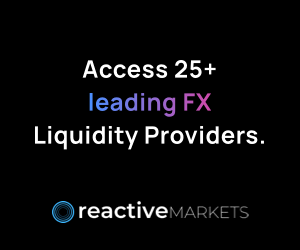Hedge Fund Launches Steady Off Recent Lows
Posted by Colin Lambert. Last updated: July 3, 2023
After hitting the lowest level (71) since the onset of the global financial crisis in Q3 2022, the pace of hedge fund launches steadied in Q1 2023 at 93 new funds, slightly lower than the 96 estimated to have been launched in Q4 2022.
At the same time, the number of liquidations in Q1 declined from Q4 2022, as an estimated 102 funds closed in, from 144 the previous quarter. In the trailing 12-month period ending Q1 2023, an estimated 340 funds launched, while 547 funds liquidated.
Observing that managers were positioned for opportunities in technology, artificial intelligence, and cryptocurrencies, the latest Market Microstructure Report from analysis firm HFR, finds that launches were concurrent with a sharp rise in financial risks in banks associated with the increases in interest rates and inflation over the past year.
Hedge fund fees increased to begin 2023, driven not only by strong performance and capital inflows, but also sharp increases in interest rates and generational inflation, according to HFR. The average industry-wide management fee increased by one basis point from the prior quarter to an estimated 1.36%, while the average incentive fee increased by 18 bps to 16.17%; both estimated fees rising from their lowest levels since HFR began publishing these estimates in 2008.
For funds launched in Q1, average management fees increased by 3 bps from the prior quarter to an estimated 1.21%. Average incentive fees for funds launched in Q1 were an estimated 18.57%, an increase of 89 basis points from the prior quarter.
“Hedge fund performance, dispersion, fee, and launch trends in recent months have been driven by market cycles of inflation, interest rates, bank risk, geopolitical tensions, recession fears and Technology/AI exposures which are not only powerful, but comprise competing tensions, impacts and macroeconomic scenarios,” says Kenneth Heinz, president of HFR. “The steady level of new fund launches combined with the decrease in liquidations indicates that institutions are increasing commitment to hedge funds as they seek to pare back high beta equity and illiquid private equity holdings in favour of opportunistic, specialised, defensive portfolio positions.
“Strong demand from institutional investors has been focused on defensive portfolio capital preservation, opportunistic exposures through volatile financial turmoil, increasing interest in multi-strategy inflation trading teams, and on technology, AI, and cryptocurrency exposures,” he continues. “Institutions are likely to increase their exposures to hedge funds, both established and newly launched, which have demonstrated their robustness through several recent years of dislocations and intense volatility across the range of asset classes.”




